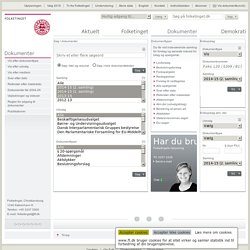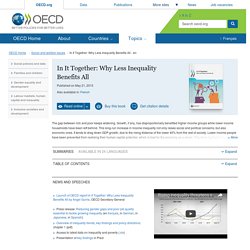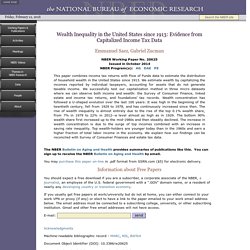

Hjem - Kønsforskning - Index at The Royal Danish Library. Sammen – hver for sig.
Social og økonomisk ulighed - Danmark. Ekstremisme. Integration - Danmark. Kriminalitet - DK. Hooliganisme. Migration. Ligestilling. Menneskerettigheder. VIVE - Det Nationale Forsknings- og Analysecenter for Velfærd. Kraka. Cevea - Forside. Økonomisk-politisk tænketank og analyseinstitut. Mandag Morgen - Analyser og ny viden. Institut for Menneskerettigheder. Concito. Institut for Fremtidsforskning.
SurveyBanken. Rockwool Fonden. Folkeafstemninger. Retsinformation.dk. Dansk Institut for internationale studier (DIIS) Publikationer. Folketinget - Dokumenter. Accepter cookiesAccepter ikke cookiesLæs mere om cookies www.ft.dk bruger cookies for at sitet virker og samler statistik ind til forbedring af din brugeroplevelse.

[Skip menu] Dokumenter Søg i dokumenter Søg i titel og resuméSøg i hele dokumentteksten Dokumenttyper Du får vist indeværende samling for forslag og seneste måned for bilag og spørgsmål. Har du brug for hjælp ? Folketingets Oplysning Tlf. Kvikopslag Kvikopslag alm. del Folketinget, Christiansborg 1240 København K Telefon: +45 3337 5500 E-mail: folketinget ft.dk Til top. EU-Oplysningen. De Økonomiske Råd. Publikation: COVID-19 i befolknings- og kriminalitetsstatistikken i 2020 - Danmarks Statistik.
KK Hjemvendte soldater 1. Anbragt i Historien. Grønlands små og store skridt mod selvstændighed. Klimarådet. GetPubFile. Landeoplysinger. Equality of Opportunity. In It Together: Why Less Inequality Benefits All - en. The gap between rich and poor keeps widening.

Growth, if any, has disproportionally benefited higher income groups while lower income households have been left behind. This long-run increase in income inequality not only raises social and political concerns, but also economic ones. It tends to drag down GDP growth, due to the rising distance of the lower 40% from the rest of society. Lower income people have been prevented from realising their human capital potential, which is bad for the economy as a whole. This book highlights the key areas where inequalities are created and where new policies are required, including: the consequences of current consolidation policies; structural labour market changes with rising non-standard work and job polarization; persisting gender gaps; the challenge of high wealth concentration, and the role for redistribution policies.
SUMMARIESavailable in 24 languages OECD's "Compare your income" WEB TOOL Follow us on Twitter @OECD_Social More Less Collapse. Wealth Inequality in the United States since 1913: Evidence from Capitalized Income Tax Data. NBER Working Paper No. 20625Issued in October 2014NBER Program(s): AG DAE PE This paper combines income tax returns with Flow of Funds data to estimate the distribution of household wealth in the United States since 1913.

We estimate wealth by capitalizing the incomes reported by individual taxpayers, accounting for assets that do not generate taxable income. We successfully test our capitalization method in three micro datasets where we can observe both income and wealth: the Survey of Consumer Finance, linked estate and income tax returns, and foundations' tax records. Wealth concentration has followed a U-shaped evolution over the last 100 years: It was high in the beginning of the twentieth century, fell from 1929 to 1978, and has continuously increased since then.
The rise of wealth inequality is almost entirely due to the rise of the top 0.1% wealth share, from 7% in 1979 to 22% in 2012--a level almost as high as in 1929. OECD Better Life Index. World Bank Institute - WBI. How Was Life?